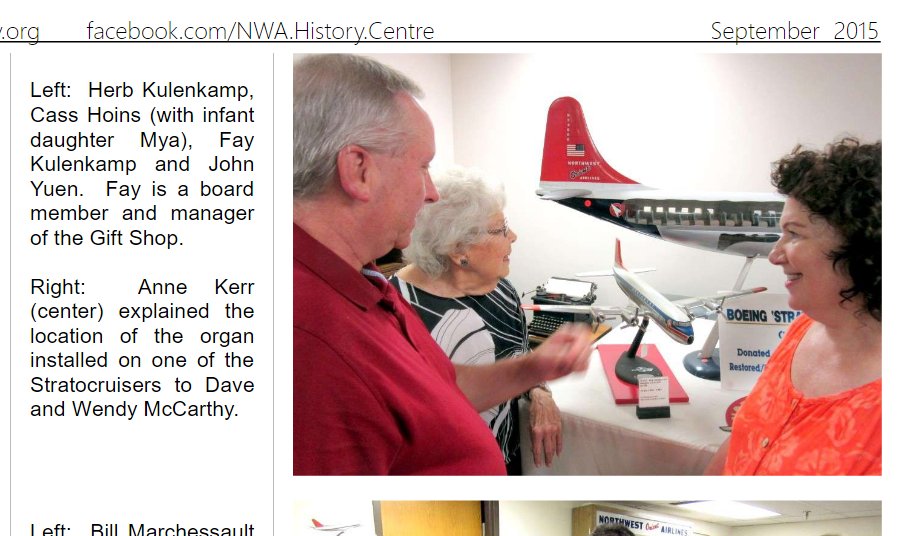When I first heard about Rhiannon Giddens' opera about Omar Ibn Said, it was a couple months after the premiere had been cancelled due to Covid. I was both bummed and elated--this means I might be able to see it now when it premiere's next year!
spoletousa.org/blog/about-the…
spoletousa.org/blog/about-the…
"Omar Ibn Said was an enslaved Muslim-African man brought to Charleston in 1807. The opera’s story traces his spiritual journey fr Africa to his capture & enslavement in the Carolinas. Much of what we know about Ibn Said comes fr his autobio., which he penned in Arabic in 1831."
We don't generally think of Muslims as having been in the Americas in any great numbers, but an estimated 30% of African slaves are now thought to have been Muslim.
theconversation.com/muslims-arrive…
theconversation.com/muslims-arrive…
Sylviane A. Diouf PhD, a historian of the Africa Diaspora, has written about this largely unexplored history of Black history in "Servants of Allah: African Muslims Enslaved in the Americas."
nyupress.org/9781479847112/…
sylvianediouf.com/servants_of_al…
nyupress.org/9781479847112/…
sylvianediouf.com/servants_of_al…
In the book, Diouf also discusses a link between Islam & the Blues. She outlines that here.
"Yet it should because some of the deepest roots of the blues grew not in the Mississippi Delta but thousands of miles away, in the Islamic belt of West Africa."
renovatio.zaytuna.edu/article/what-i…
"Yet it should because some of the deepest roots of the blues grew not in the Mississippi Delta but thousands of miles away, in the Islamic belt of West Africa."
renovatio.zaytuna.edu/article/what-i…
Other authors/researchers have also claimed that connection. Fatima El Shibli's Islam and the Blues"
"This article argues that when comparing the early blues to the musical practices of Islam, the Islamic influences on the blues are strikingly evident."
tandfonline.com/doi/abs/10.108…
"This article argues that when comparing the early blues to the musical practices of Islam, the Islamic influences on the blues are strikingly evident."
tandfonline.com/doi/abs/10.108…
Ethnomusicologist, Gerhard Kubik, has been researching African and American music for nearly half a century.
"Delta blues music has a high incidence of Arabic-Islamic style characteristics..."
afropop.org/articles/afric…
"Delta blues music has a high incidence of Arabic-Islamic style characteristics..."
afropop.org/articles/afric…
"Drumming, which was common among slaves fr...non-Muslim regions of Africa, banned by yt slave owners...String instruments, favored by slaves fr Muslim regions of Africa, where there’s a long trad of musical storytelling-were...allowed" - Jonathan Curiel
archive.aramcoworld.com/issue/200604/m…
archive.aramcoworld.com/issue/200604/m…

Zain Abdullah PhD cultural anthropology, "Black Mecca: The African Muslims of Harlem"
oxford.universitypressscholarship.com/view/10.1093/a…
oxford.universitypressscholarship.com/view/10.1093/a…

Here's an excerpt from the 2008 documentary, "Islam in America," which focuses on an interview with Delta bluesman, Abdul Rasheed.
It should be noted that composer, Michael Abels, is co-composing the score of "Omar" with Giddens and “In telling Omar’s story with the orchestra, it’s crucial that there are elements that represent him culturally, with Arabic and African influences”
spoletousa.org/blog/making-an…
spoletousa.org/blog/making-an…

This is all probably a lesson that by limiting our #MusicTheory (or History) to *The Harmonic Style of 18th Century European Musicians* or for that matter *The Harmonic Style of 20th Century American Blues Musicians*--we might not be able to see outside of our colonial biases.
Kofi Agawu's "Tonality as a colonizing force in African music" could easily be extended to "Tonality as a colonizing force in Music Theoretical Approaches to understanding African Diasporic Music"
cirmmt.org/activities/dis…
cirmmt.org/activities/dis…
Probably should have tagged you, @its_adamneely, in this thread when I referenced you, but maybe you should do a video on the Muslim Roots of the Blues next? ;)
https://twitter.com/Silpayamanant/status/1304338401144041472
Communicators Radio Show Host Leroy Baylor's Interview with Jonathan Curiel on Islam and the Blues.
"Silk Road Rising, formed in the wake of 9/11 to present plays by Asian & Middle Eastern writers in the Chicago area, has made a 2-year commitment to focus exclusively on telling the stories of American Muslims for the remainder of President Trump’s term"
religionnews.com/2019/03/05/new…
religionnews.com/2019/03/05/new…
"Survivals from Arabic in Blues Texts as Proof of Influence of Islamic Civilizations in African-American Music" - Francesco Martinelli
crj-online.org/v11/CRJ-Arabic…
crj-online.org/v11/CRJ-Arabic…
Dr. Hussein Rashid's "Muslim Voices in America: The Making of a Modern Music Scene"
asiasociety.org/muslim-voices-…
asiasociety.org/muslim-voices-…

Just got my copy of the July/August 2006 issue of Saudi Aramco World with Jonathan Curiel’s piece “Muslim Roots, U.S. Blues” 

"One-string fiddles, the most common of the bowed-string instruments are found primarily in Moslem areas in the West, through the region from Lake Chad to Senegal, and in the East throughout the Ethiopia/Somalia region."
scholarworks.umass.edu/cibs/vol5/iss1…
scholarworks.umass.edu/cibs/vol5/iss1…
Dr. Jacqueline C. DjeDje discussing her book, "Fiddling in West Africa." I really can't listen to early Blues violin recordings and not hear West African Fiddling styles and timbres.
So, again, some more Islamic roots to Blues.
folkworks.org/old-columnists…
So, again, some more Islamic roots to Blues.
folkworks.org/old-columnists…

Fascinating interview by Dr. Jacqueline C. DjeDje and her journey in studying African Fiddling and eventually African American Fiddling!
#CiteBlackWomen @citeblackwomen
signifyingscriptures.org/an-interview-w…
#CiteBlackWomen @citeblackwomen
signifyingscriptures.org/an-interview-w…
Quote from above interview:
"In an article that I’ve written ... I demonstrate how the misrepresentation of black fiddling ... has greatly impacted our understanding of both black and white musicking in the United States."
That article is here:
doi.org/10.1017/S17521…
"In an article that I’ve written ... I demonstrate how the misrepresentation of black fiddling ... has greatly impacted our understanding of both black and white musicking in the United States."
That article is here:
doi.org/10.1017/S17521…
• • •
Missing some Tweet in this thread? You can try to
force a refresh










